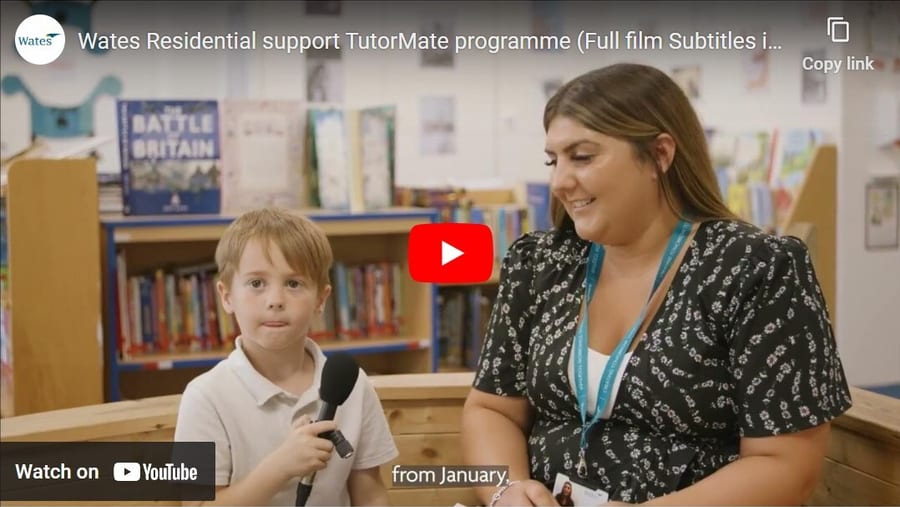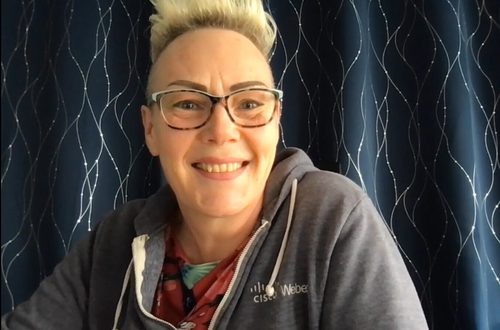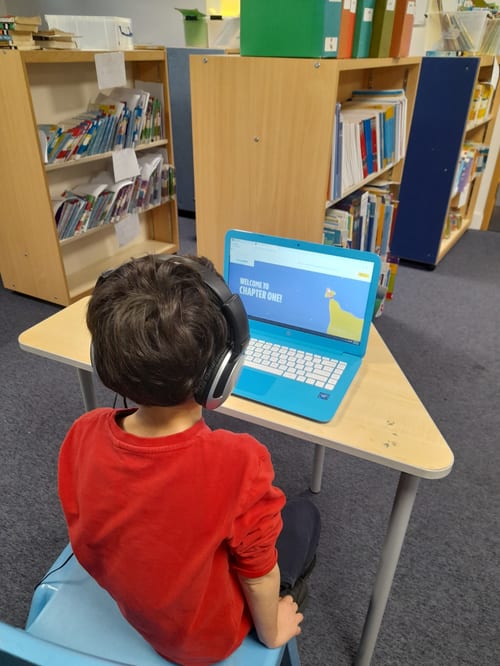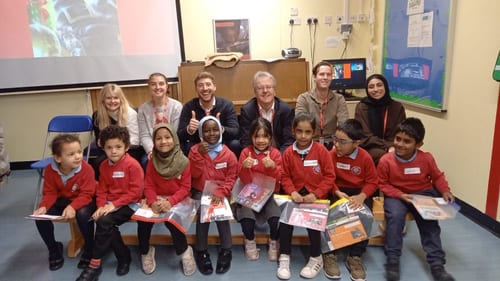22 February 2023
Are your CSR/social value initiatives geographically focused?
Is your social value/CSR place-based and needs-led? Could the private, public and third sector be better at collaborating to address local needs?
Share this page
A recent report from the Fair Education Alliance highlighted the growing regional disparities in educational outcomes following Covid. Pupils in London continue to outperform the rest of the country, with 65% of pupils meeting the expected standard in reading, writing and maths. In other regions, the proportion of pupils meeting this standard range between 56% and 59%, with pupils from the East of England and Yorkshire and The Humber at the lower end (FEA Report Card 2022). The disadvantage gap now stands at the highest point since 2012.
With the cost-of-living crisis and increased pressures on school and household budgets, addressing these regional disparities has become even more important if we are to ensure equal access to education for every child.
So what is the government doing?
The government’s Levelling Up white paper identified 55 cold spots or Education Investment Areas (EIAs) across the country where school outcomes are the weakest, with commitments to target investment, support and action to help children. As 95% of these areas are outside London and the South East, it is the struggling schools of the North, Midlands, East of England and South West that need to receive most of this support over the next decade.
And what is business doing?
Many businesses are already working with primary and secondary schools across the UK on a range of programmes including mentoring, careers outreach, employability, literacy and numeracy. But is a more co-ordinated and focussed approach needed?
Business in the Community has recently launched its own education campaign, BITC Addressing Inequalities in Education, and stresses that “the role of businesses in addressing inequalities in education has never been more important”. BITC recommends creating needs-led, place-based education engagement partnerships and in a recent consultation 85% of their members considered this a crucial issue.
The 2012 Public Services Procurement Act requires organisations bidding for central or local government contracts to put community needs at the heart of their plans. And as a contractual requirement this involves the measurement of the social value that businesses create for the economy, communities, and society, using frameworks such as the National TOMs - Themes, Outcomes and Measures - with monetary proxies.
The Social Value Portal advocates a place-based collaborative approach to social value which is “about breaking down traditional ‘silos’ to see collaboration across all sectors; across public, private and third sectors, and with the everyday citizens.”
Collaboration in action case study: East Sussex
At Chapter One, we work with primary schools and businesses to support struggling young readers in areas of deprivation across the UK, including the government’s designated Education Investment Areas. All of our schools have well over 23% of children on Free School Meals and many have a high proportion of children with English as an Additional Language.
In 2021, East Sussex County Council (ESCC) approached Chapter One with a view to launching our online reading volunteers programme in the county. With support from local and national businesses, the council and local charities, we provided children at primary schools in Hastings, Eastbourne and Newhaven with weekly reading sessions. The programme is now in its second year, with more schools and children participating.
Councillor Bob Standley, ESCC’s lead member for education and inclusion, special educational needs and disability, said: “By supporting this initiative organisations can help to improve the educational achievement and employability of local children, whilst improving the wellbeing and engagement of their own employees.”
Wates Residential sponsored a team of ten employee volunteers to read weekly with children at Ore Village primary school in Hastings, where the company was working on a local project. Note: Chapter One's online reading volunteers programme was then called TutorMate.
Our corporate partners and their volunteers can be located anywhere in the UK, reading online with children in one of the schools on our programme, allowing companies with no local offices to support communities close to their projects.
Do get in touch if you’d like to find out more. You’ll find out who we currently work with on our partners’ page. You can contact us by emailing sarah.taylor@chapterone.org.








